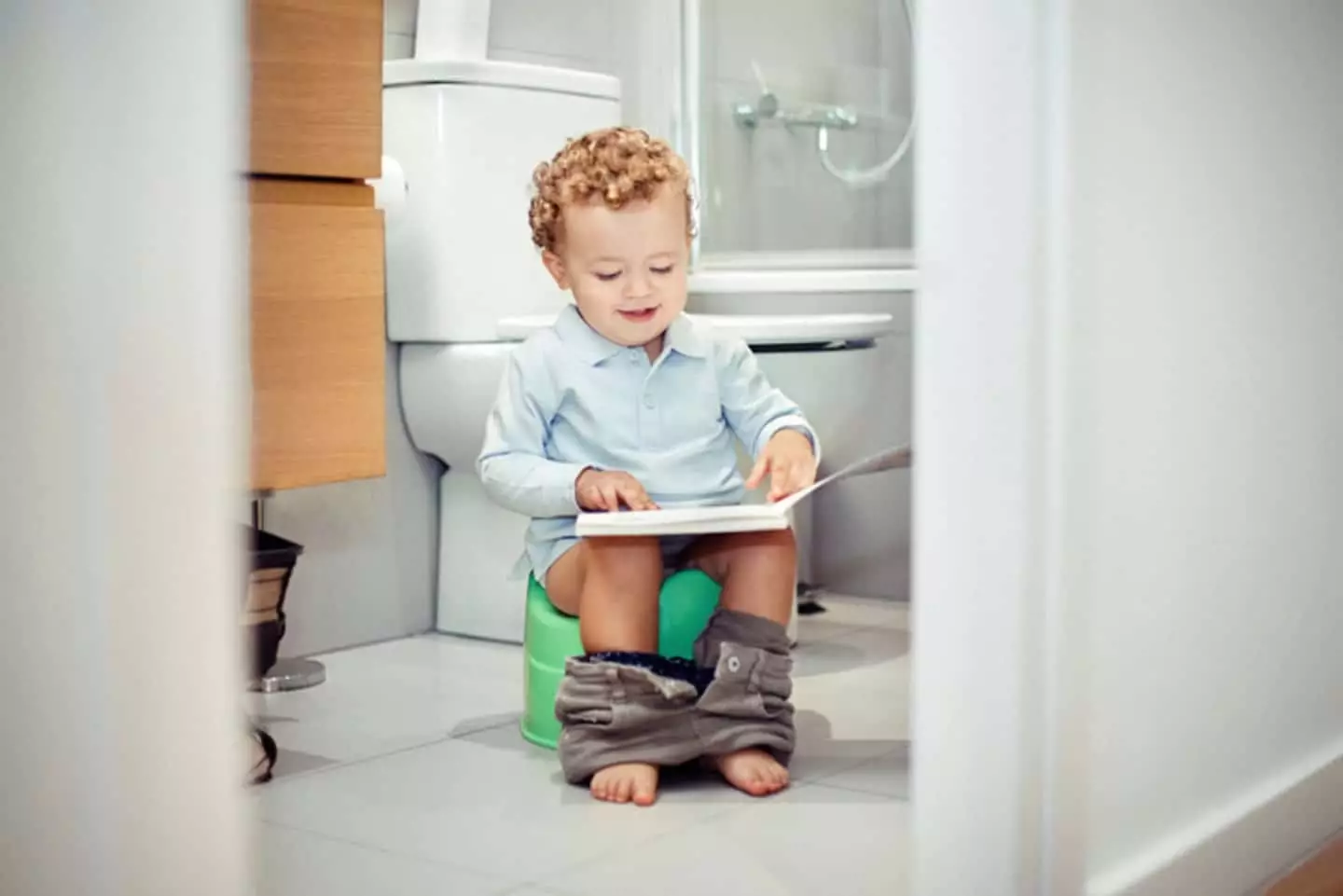Potty training is a monumental milestone in both a child’s development and in the parenting journey. It symbolizes a release from the constraints of diapers and heralds a new era of independence for toddlers. While it can be an exciting experience—filled with sweet victories like a child’s joyful proclamation of having successfully used the potty—it can also be fraught with challenges. To navigate the complexities of this process effectively, preparation and awareness are vital.
The cornerstone of effective potty training rests on recognizing when a child is ready for this significant change. However, readiness isn’t solely a straightforward affair; it involves a delicate balance of both physical and emotional factors. Most experts suggest a window of readiness typically occurs between 20 and 30 months of age, coinciding with notable physical developments. During this period, children often exhibit increased bladder capacity, hormonal control, and the essential muscular control necessary for successful toilet use.
Equally important, though often overlooked, is the emotional readiness of the child. Emotional readiness can take longer to establish than physical readiness. It’s crucial that children approach potty training with enthusiasm, motivation, and a calm demeanor. This means that introducing potty training during tumultuous life changes, like the arrival of a new sibling, may not be the most judicious timing. Parents must ensure the environment surrounding potty training is supportive and encourages a positive mindset.
A common pitfall during potty training is the inclination to view accidents as failures. Many parents may make the mistake of halting the training process after only a few missteps, leading to unnecessary self-doubt and anxiety. Yet, accidents are an inherent part of the learning curve. Just as children need to learn to balance themselves while riding a bike, they similarly need to grasp what it feels like to be wet, as they typically do not experience this sensation in diapers.
Accidents serve as invaluable indicators on the journey to mastering potty training. They help children become more attuned to their bodies, allowing them to recognize when it’s time to visit the bathroom. Rather than being seen as setbacks, these mishaps should be reframed as critical learning experiences. This perspective not only reinforces the child’s resilience but also instills in them the understanding that errors are a natural component of learning.
Frequent prompting during potty training can inadvertently disengage children from listening to their bodies. Overly anxious parents might find themselves peppering their child with questions about their need to use the potty. This constant cajoling often leads to frustration for both parties and can diminish a child’s confidence in their natural cues. Instead, the best approach is to step back and allow children the freedom to lead the way.
Potty training also demands undivided attention from parents. Many families attempt to integrate this essential life skill into their everyday routines without allocating special time for it. However, it is imperative to carve out dedicated windows where distractions are minimized. By designating a few days, such as a weekend, to focus solely on potty training, children can immerse themselves in the experience and gain confidence.
Eliminating diapers and pull-ups during the day is crucial in reinforcing the idea of potty training. When children switch to these products under the guise of “potty training,” confusion often arises; it sends mixed messages that they are both capable and yet not trusted. This confused messaging can hinder progress, as children may struggle to adapt and fully understand their new responsibilities.
Consistency plays a significant role as well. Once parents have committed to potty training, it is essential to remain steadfast in their decision. Exiting from the established routine of diapers may come with its struggles, but patience and steadfastness will ultimately pay off.
Potty training is undeniably a process filled with anticipation, patience, and perseverance. By approaching it as a collaborative journey, where both the child and parent are engaged, families can foster an environment of trust and triumph. Emphasizing learning through accidents, providing the child with space to develop independence, and committing to consistency will help ease this transition. As parents celebrate each small victory alongside their child, they are not just guiding them towards successful potty training; they are also nurturing their growth towards greater independence in life. Patience, love, and understanding will ensure that this pivotal milestone is not only achieved, but cherished.

